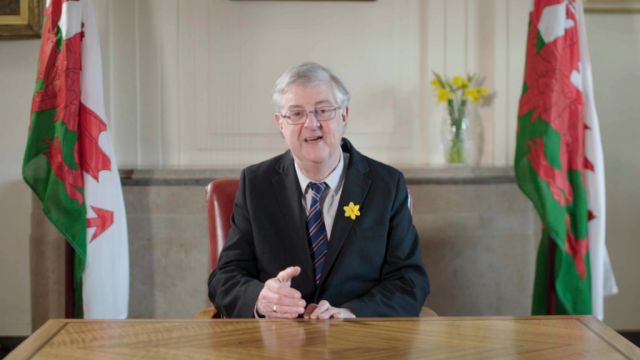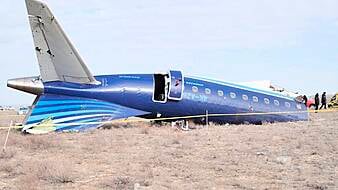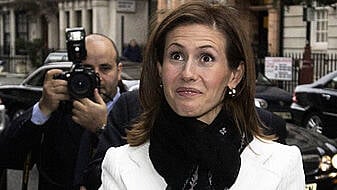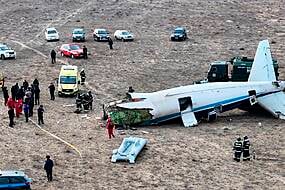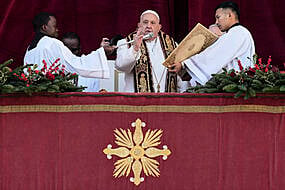Wales could see more coronavirus restrictions after Christmas, Mark Drakeford has suggested.
The first minister has repeatedly warned of an impending surge in Covid-19 cases, with the Omicron variant now expected to be the country’s dominant strain by the end of December.
In a televised announcement on Monday night, Mr Drakeford said all eligible adults will now be offered a booster vaccination to combat the effect a rise of infections could have on the NHS.
We must be prepared for cases of the new Omicron variant to rise quickly and very steeply.
Two doses of a vaccine isn’t enough - the booster dose is vital.
We are speeding up our booster programme and I encourage everyone to get theirs when offered.
➡️ https://t.co/t3wbOnJJss pic.twitter.com/XADLCneZRE— Mark Drakeford (@PrifWeinidog) December 13, 2021
Advertisement
Following the broadcast, Mr Drakeford told ITV Wales’s Sharp End that further restrictions could be possible after the Christmas break when children are not in school and government offices are closed.
He said: “As we know, the traditional way of doing things in Wales is people go out together and socialise in run-up to Christmas, and then in the post-Christmas period there’s a standing back from that.
“There may be a period in the post-Christmas days when we can do more to stem the flow of the Omicron variant.
“But, in this business, what will happen in three or four weeks’ time is a long way away.”
Asked by presenter Rob Osborne whether businesses will receive compensation if they are forced to close in the new year, Mr Drakeford said: “I think it’s extremely difficult for any devolved government to take any action of that sort without knowing that the treasury guarantees would be there.
“That’s a point I made very forcefully to the UK government yesterday.”
He added: “We cannot go back to the position we were in last year where we took action and the treasury refused to help, and when, the following week the UK government decided to take action in England, suddenly the treasury purse strings were loosened, and the money became available.
“We cannot have necessary public health decisions made simply when England thinks it’s right for them.”
